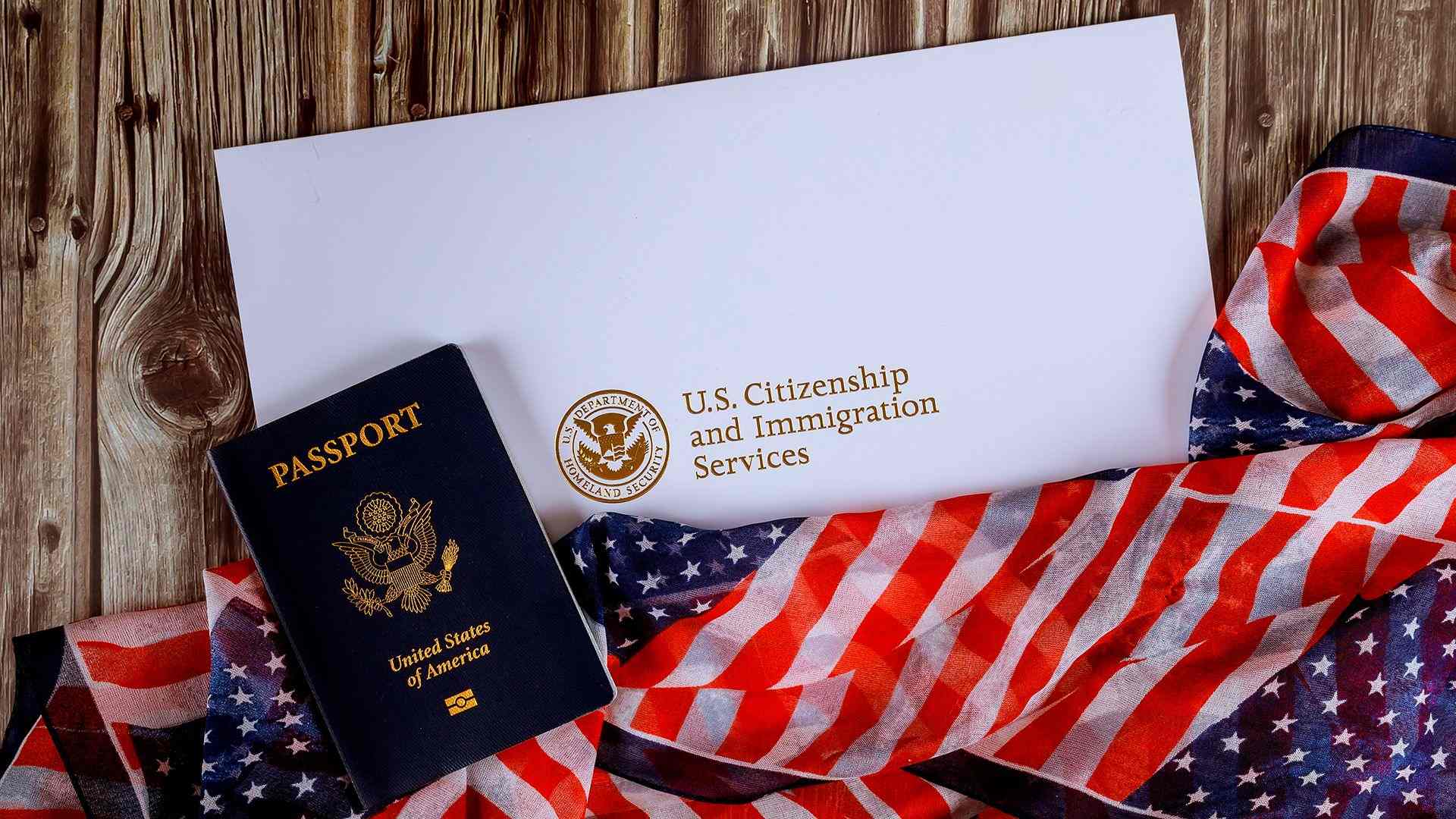When I was living in France, I never took the immigration process lightly. Immigration offices, airports, city halls – these are policed, in-between places – the cracks you don’t want to fall through.
Once as a student I was summoned to a medical visit in an immigration office as part of my transition from visa to residence card. I arrived in the morning and spent most of the day moving from one overcrowded waiting room to another. There was an older North African gentleman in the same waiting room who looked like he’d been there for days. He located a water cooler and patiently refilled his cone paper cup.
One of the French administrators started yelling at him from her desk behind the plexiglass. “How DARE you re-USE a cup? You need a new cup! You can’t REUSE the cup? Were you raised in a barn?!!?!”
We immigrants were tired, bored, confused… being shuffled from one waiting room to another with no clear end in sight. How should we have known that it’s unacceptable to reuse a paper cup? I wondered. I still regret that I didn’t say anything to stand up for this man. I felt humiliated too. I felt small.
At the same medical screening, a young woman was shamed for sitting in the wrong place: “MADAME, you are seated on a TABLE!” There was nowhere to sit, and most of us had been waiting for hours. How can you tell the difference between the flat plastic chair and the flat plastic table? I wondered, trying to avoid a similar fate of public humiliation.
The immigration process in France was stressful and demeaning. Still, no one locked me up or deported me. My immigration experience was a mostly a persistent, annoying inconvenience.
Gaslighting is when someone is taking advantage of you or treating you unfairly; at the same time, they’re making you think you’re the crazy one or that maybe it’s your fault somehow. With the racism, Islamophobia, and immigration issues in France, I experienced these moments of gaslighting. Why is it so hard? Am I doing something wrong?
What’s it like for immigrants here in the United States?
Understanding the Controlled Application Review and Resolution Program (CARRP) clears up some of the confusion for immigrants who may be feeling gaslighted by their experiences. CARRP is a set of immigration policies designed to keep Muslims from accessing immigration benefits. “Since 2008, The United States Citizenship and Immigration Services (USCIS) has used CARRP to quietly deny, without legal authority, the benefits to which these individuals are entitled” (ACLU, 9).
CARRP also encourages FBI interference and harassment. The FBI may blackmail applicants to work for them as informants, as we saw in the Jafarzadeh case.
Generally, the processing of immigration benefits should take about six months to finish – people who end up on CARRP may end up waiting for years or even decades. (See the Imam Sait or the Hemza Lefsih case). “Although the U.S. Constitution expressly forbids USCIS from creating its own rules of naturalization, it secretly has done precisely that under CARRP” (ACLU, 1).
Being stuck in limbo is hard. Could I wait in that endless waiting room for 20 years without going crazy? I doubt it.
Because it’s a mysterious process, people don’t even know if they’ve been CARRP’d. One way to get CARRP’d is to be on a list of known or suspected terrorists (KSTs). I know that sounds really scary, but no one seems to know the real criteria for the Terrorist Watchlist or the No Fly list. You can guess if or why you’re on a list based on how badly you’re treated at the airport, for example, but that’s about it. You don’t know why or how to fix it. Here’s one example – Nobel Peace Prize winner Nelson Mandela was on the list until 2008. Ted Kennedy, John Lewis, and Yusuf Islam (formerly Cat Stevens) were also on the list.
This is how racism and Islamophobia run in the background. It’s not just about the laws but also about how the laws are actually applied.
A few reasons you might get CARRP’d include:
- You look suspicious.
- You pray or go to the mosque. (Some interview questions appear to equate Islam with terrorism).
- You speak a language other than English.
- You have special skills. (Zuhair Mahmoud was CARRP’d because he was a qualified IT professional.)
- Your friend from 6th grade is on a list somewhere.
- You come from a war-torn country.
In some cases, the system eats its own tail. After 9/11, the FBI engaged in information gathering in Muslim communities around the country. If you voluntarily participated in one of these interviews or if someone mentioned your name in their interview, you could come up on a Name Check. The FBI may flag you because your name appears in their system, without investigating the context. “CARRP’s use of the Name Check process disproportionately impacts Muslim immigrants because of the FBI’s extensive surveillance and data collection on the Muslim community” (ACLU, 40).
I want to be part of a country that keeps it promises. “Aspiring Americans seek to become part of a nation that promotes fairness, embraces religious freedom, and forbids discrimination. Our immigration process should live up to and reflect those ideals” (ACLU, 10).
If you or someone you know is going through this, please contact us.
Support MLFA in pushing back against unfair and absurd immigration policies. Help us change the story and keep America’s promises.
by Jeannine Sherman – Wednesday, June 29, 2022
Sources
ACLU Southern California. “Muslims Need Not Apply: How USCIS Secretly Mandates the Discriminatory Delay and Denial of Citizenship and Immigration Benefits to Aspiring Americans”. Muslims Need Not Apply | ACLU of Southern California (aclusocal.org), August 2013.
Make a Donation | Learn More About MLFA

